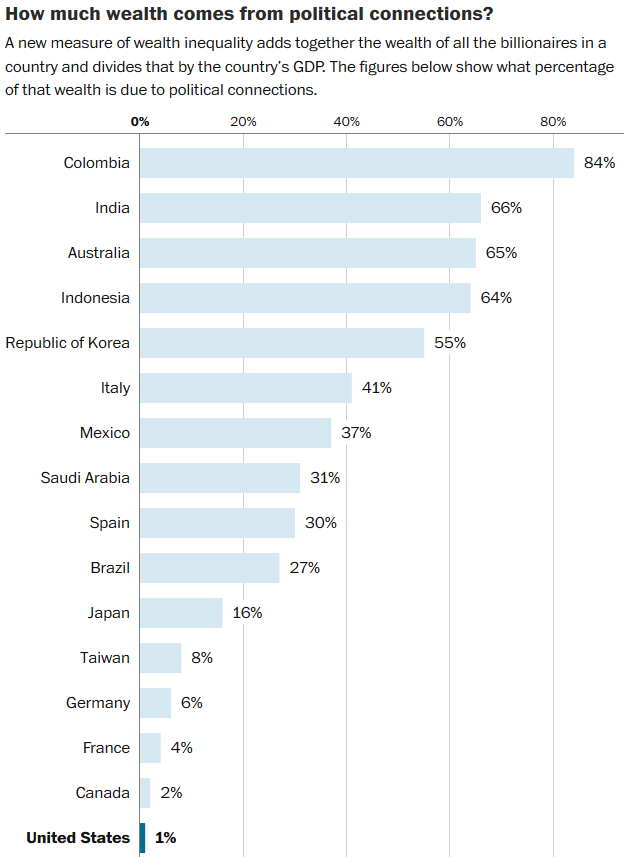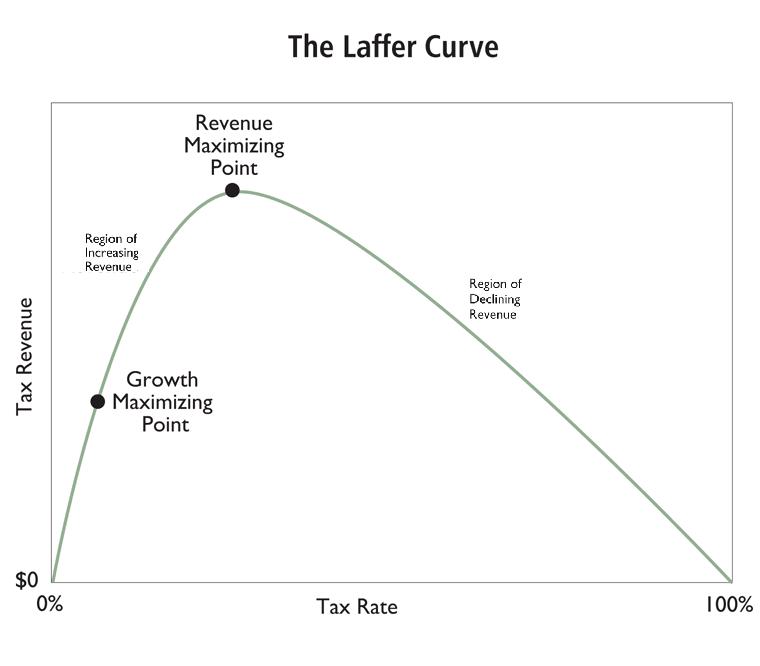Don Boudreaux on the amazingly thin line that now separates many of the quality consumption goods of the ultra-rich from the nearly as high quality goods of ordinary North American consumers:
This list includes also non-prescription pain relievers, most other first-aid medicines and devices such as Band-Aids, and personal-hygiene products such as toothpaste, dental floss, and toilet paper. (I once saw a billionaire take two Bayer aspirin – the identical pain reliever that I use.) This list includes also gasoline and diesel. Probably also contact lenses.
A slightly different list is one drawn up in response to this question: When can median-income consumers afford products that, while not as high-quality as those versions that are bought by the super-rich, are nevertheless virtually indistinguishable – because they are quite close in quality – to the naked eye from those versions bought by the super-rich? On this list would be most clothing. For example, an ordinary American man can today afford a suit that, while it’s neither tailor-made nor of a fabric as fine as are suits that I suspect are worn by most billionaires, is nevertheless close enough in fit and fabric quality to be indistinguishable by the naked eye from expensive suits worn by billionaires. (I suspect that the same it true for women’s clothing, but I’m less expert on that topic.)
Ditto for shoes, underwear, haircuts, corrective eye-wear, collars for dogs and cats, pet food, household bath towels and ‘linens,’ tableware and cutlery, automobile tires, hand tools, most household furniture, and wristwatches. (You’d have to get physically very close to someone wearing a Patek Philippe – and you’d have to know what a Patek Philippe is – in order to determine that that person’s wristwatch is one that you, an ordinary American, can’t afford. And you could stare at that Patek Philippe for months without detecting any superiority that it might have over your quartz-powered Timex at keeping time.) Coffee. Tea. Beer. Wine. (There is available today a large selection of very good wines at affordable prices. These wines almost never rise to the quality of Chateau Petrus, d’yquem, or the best Montrachets, but the differences are often quite small and barely distinguishable save by true connoisseurs.)
I’ve made this point about the wines before (I’ve tasted each of those wines, but don’t believe the price difference justifies buying them over nearly-as-good equivalents that lack the prestige factor), but Don is talking a much wider range of goods and services where there’s barely any real quality difference between “ordinary” and what the very richest among us can obtain.






